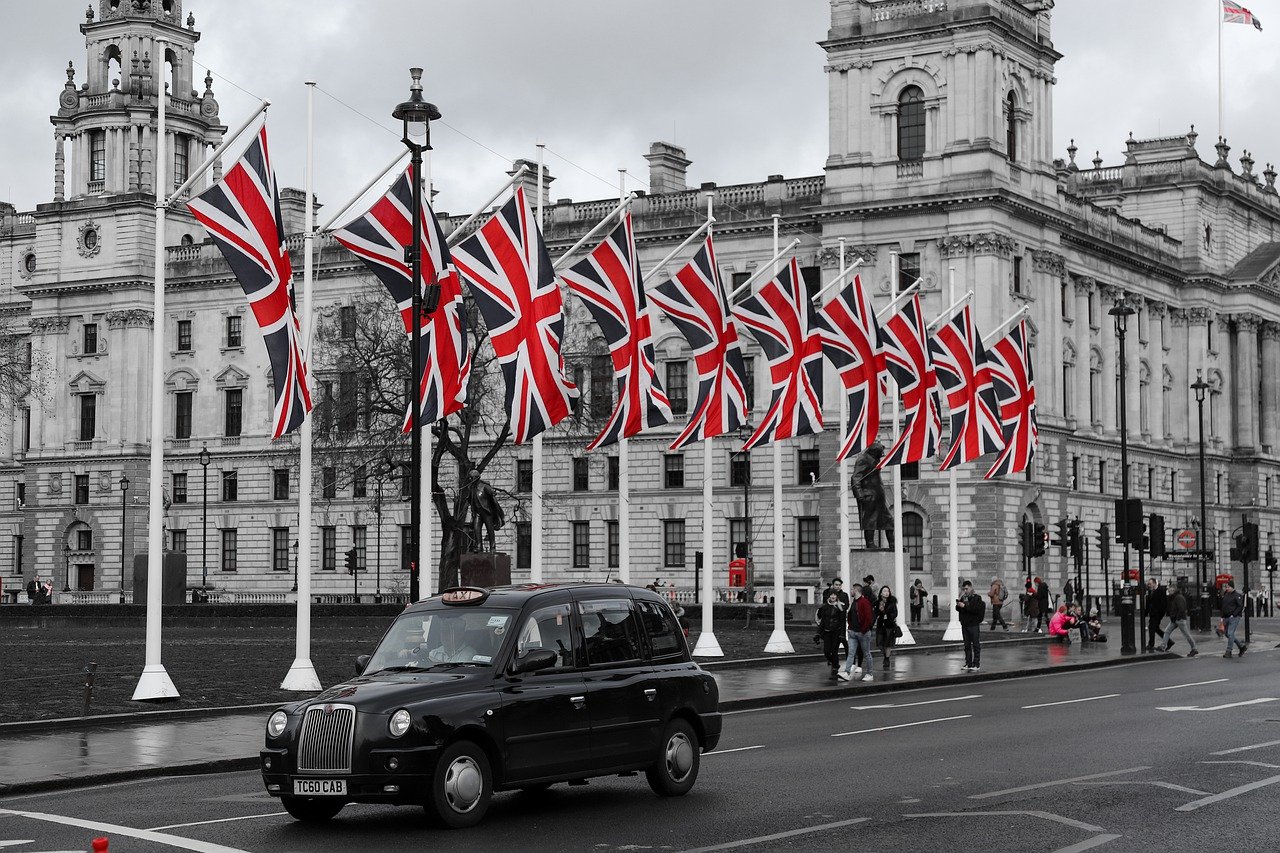The Bank of England at the end of the May meeting on Thursday may raise the key rate for the fourth time in a row – from the current 0.75% to 1% – amid persistently high inflation, economists and analysts believe.
In case of this decision, the rate will reach the maximum value since the beginning of 2009.
UK consumer prices jumped 7% in March compared with the same month last year, official statistics released last month showed. The price rise was the highest since March 1992.
Meanwhile, consumer confidence collapsed amid concerns about the economy slowing amid the conflict between Russia and Ukraine.
The Bank of England raised its policy rate for the third consecutive time in March, to 0.75% from 0.5%. The regulator said in a press release that the British Central Bank expects inflationary pressures in the world to intensify significantly over the next few months, while the growth of energy-importing economies, including the UK, is likely to slow down.
Bank of England Governor Andrew Bailey recently warned that the regulator is “walking a very fine line” in trying to contain inflation while avoiding a recession in the economy.
Officials at the regulator in February predicted that UK inflation would peak at 7.25 percent in April, but economists now expect it to exceed that figure and remain above it for a longer period due to the situation in Ukraine and the associated spike in commodity prices, CNBC writes.
“Further rate hikes will be needed” to avert the risk of “inflation remaining persistently high on the back of rising wages,” Capital Economics expert Ruth Gregory believes.
In addition, the Bank of England began shrinking its balance sheet in February, deciding to stop reinvesting proceeds from maturing government bonds and actively selling corporate bonds.
According to economists, despite the fact that the regulator’s monetary policy forecast provides for the possibility of starting active sales of government bonds after the key rate reaches 1%, the increased risk of market volatility and tighter financial conditions make such a decision unlikely.
- support@xii-xwealth.com
- 21021 SPRING BROOK PLAZA DR STE 172, Klein, 77379-5339, TX


